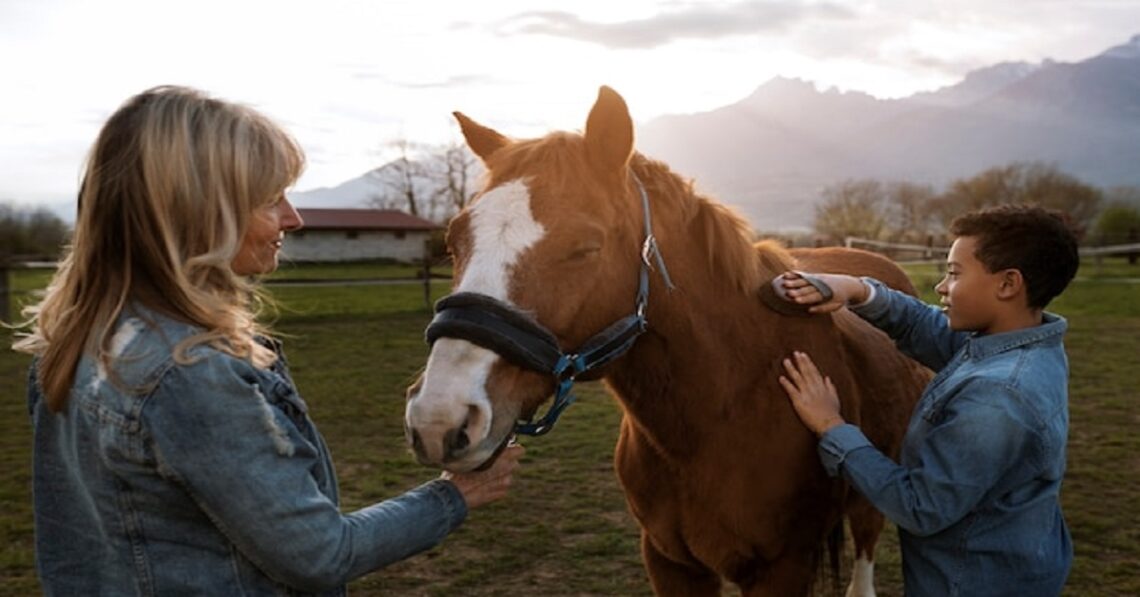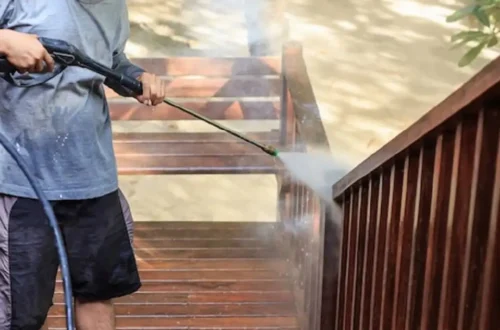Embarking on the journey of horse ownership is an adventure filled with learning and growth. For those new to the equestrian world, gaining comprehensive horse care knowledge is invaluable. This extends beyond the basics of feeding and grooming, including understanding a horse’s psychological needs, recognizing the significance of proper exercise, and consistently monitoring their health.
Horse Care Fundamentals
The cornerstone of effective horse care is knowing your horse’s essential needs. These needs encompass proper nutrition, regular exercise, companionship, and a safe living environment. Beginning with shelter, providing your horse with a space that protects it from the elements, be it rain, cold, or excessive heat, is imperative. Adequate space for movement and rest, access to clean water at all times, and a dry place to lie down are fundamental welfare considerations. Being innately social animals, horses also require interaction with their kind to satisfy their social needs and prevent behavioral problems. Mastering these areas will enrich the connection between horse and rider, and one fundamental skill in achieving this is the ability to learn horseback riding skills with expert instructors, whereby embracing this skill builds trust and enhances overall horse management.
Creating an Effective Exercise Routine
Exercise is a crucial element of horse care, vital to their physical and mental health. An effective routine should reflect the horse’s fitness level, gradually increasing in intensity to avoid injury. The benefits of regular exercise are manifold, including improved circulation, better hoof health, and reduced risk of intestinal issues such as colic. Additionally, a well-exercised horse is generally happier and more manageable, positively influencing their overall behavior.
Deciphering Equine Behaviour
Equestrians can better understand their horses by learning to read equine body language. A horse’s behavior provides insight into their mood and health—ears pinned back can indicate irritation, while a horse with a drooping lower lip might be relaxed or asleep. Learning these signs and responding appropriately forms the bedrock of a trusting relationship and ensures that both horse and rider can communicate effectively for a more enjoyable experience.
Routine Health Checks and Vaccinations
Preventive healthcare routines are critical for keeping horses disease-free and thriving. Scheduled veterinary health checks yield early detection of possible health issues, allowing for timely intervention. Vaccinations are a preventive cornerstone, guarding against equine-specific diseases, and should be administered as per expert guidelines. Routine dental care is also essential, as overgrown teeth can lead to discomfort and nutritional problems. Taking these proactive measures contributes to your horse’s long, healthy life.
Grooming and Hygiene Basics
Grooming is an integral component of daily horse care. Regular brushing keeps the horse clean, prevents skin diseases, and stimulates blood flow to the skin’s surface, decreasing the likelihood of various health conditions. Grooming is an opportunity to inspect the horse for lumps, cuts, or areas of sensitivity that may need veterinary attention. Consistent grooming strengthens the bond between horse and owner, fostering trust and cooperation.
Essential Equipment for Horse Care
Investing in the right tools and equipment is necessary for horse care. Essential items include:
- A quality saddle that fits both horse and rider comfortably.
- A well-made bridle.
- Reliable grooming tools.
- Proper hoof care equipment.
Keeping tack clean and in good repair enhances its longevity and ensures the comfort and safety of your horse during riding and handling.
Diet and Nutrition Plans for Your Horse
A horse’s health is directly linked to its diet, and creating the perfect nutrition plan can be a balancing act tailored to the individual. Horses are natural grazers, and their digestive systems are designed to process small amounts of forage throughout the day continuously. High-quality forage should form the basis of their diet, complemented by grains or concentrates when additional energy is required—such as with lactating mares or high-performance athletes. Consulting veterinarian-approved resources such as Understanding Horse Nutrition can offer more profound insight into the complexities of equine dietary needs and the importance of avoiding overfeeding or underfeeding.
Maintaining a Safe and Healthy Stable Environment
Quality, stable management is as essential as the care provided in the field or arena. A safe, healthy, stable environment includes clean, dry bedding, such as straw or shavings, which should be changed regularly to prevent ammonia build-up and reduce the risk of respiratory issues. Ample ventilation is critical to circulate fresh air and maintain a comfortable temperature. By focusing on these fundamental stable management practices, you can create a secure and nurturing environment that will positively impact your horse’s health and happiness.





